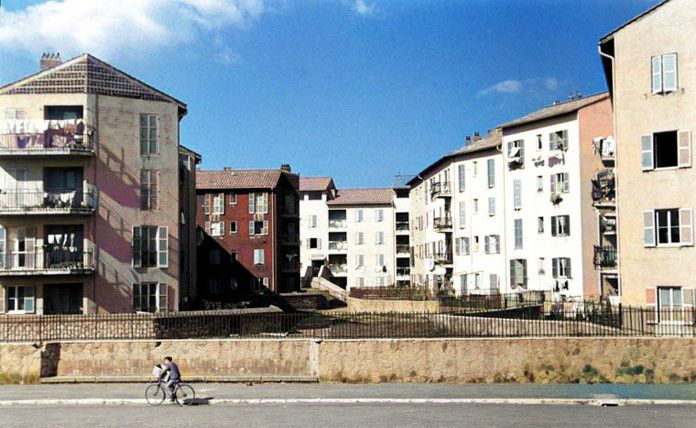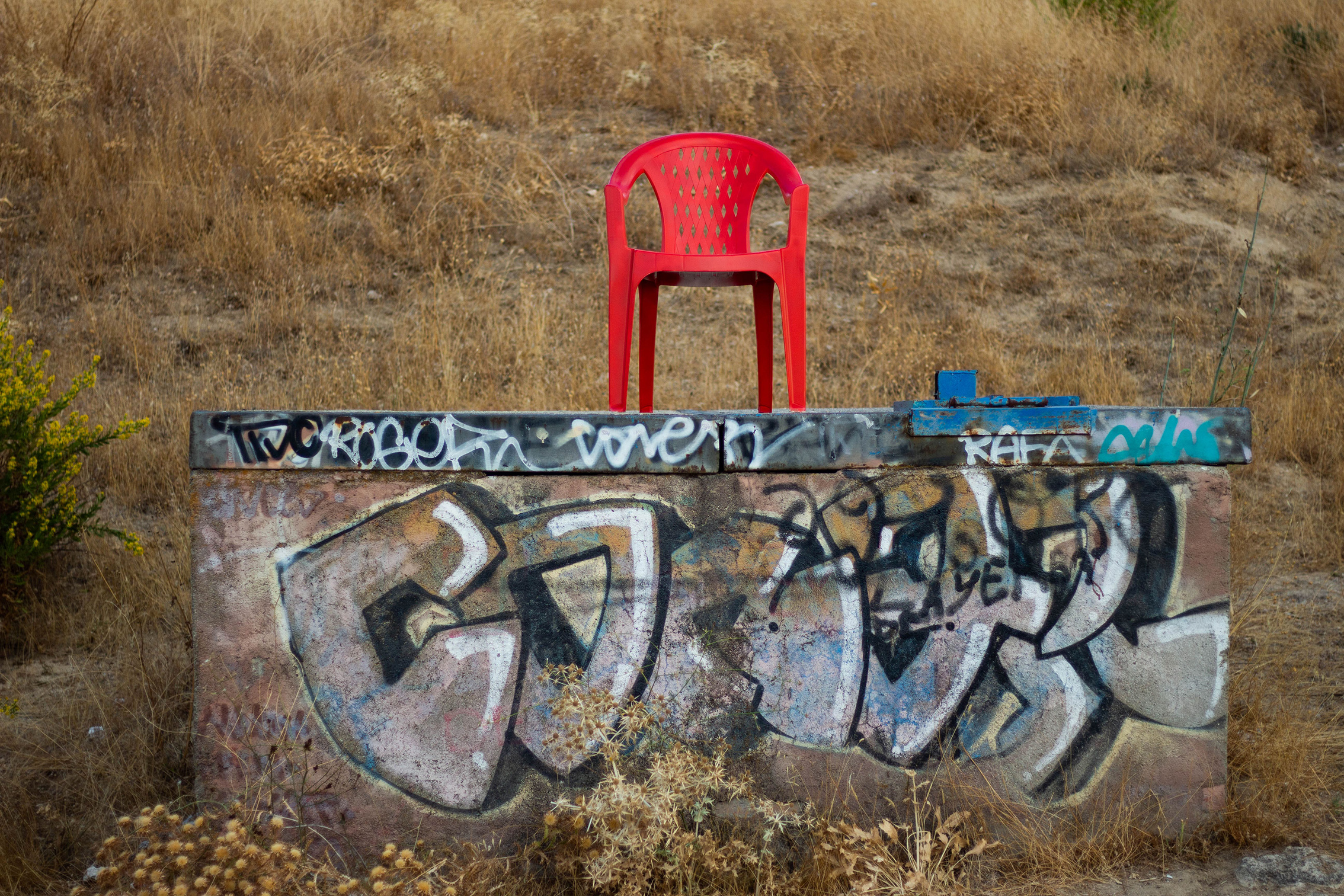About us
The Cultural Landscape Research Group (GIPC) studies the cultural meaning of the built environment. Its scope approaches landscape through historical, critical and speculative research, which has become essential to think and provide new futures for our society.
From different fields of knowledge, our researchers study the intersections between architecture, urban planning, landscape, engineering, heritage, art, humanities, social sciences and ecology. The GIPC participates in the main competitive research programs at regional, national and European level and provides services to public and private entities. It also carries out curatorial work and it often organizes conferences and seminars.
The GIPC is committed with the training of researchers. It promotes doctoral dissertations and receives researchers from other institutions thanks to mobility programs. It also provides scholarships for undergraduate and graduate students. The research transfers into teaching by participating in university postgraduate programs, through topics and methods for academic work (TFG, TFM) and educational innovation activities.
On an international level, the GIPC is part of the ECLAS, IALE and EURAU networks. It also maintains a fruitful collaboration with research groups in Europe, North America and Latin America.
The GIPC was founded in 2006 by professors Juan Miguel Hernández León, Darío Gazapo, Miguel Ángel Aníbarro, Joaquín Ibáñez and Miguel Aguiló. Its current Director is Prof. Francisco Arques.
Research Lines
At the moment, seven interrelated lines of research form the core of our activity.

01. Critical Heritage Studies
This line reviews the conceptual framework for cultural heritage. The territory of what is believed to be safeguarded has not only been systematically expanded in recent decades: it has also undergone a change in quality to cultural landscape and other contemporary forms of heritage.

02. Theory, History and Criticism of Architecture, Urban Design and Landscape
This line of research delves in specific topics of history and theory of architecture in relation to environmental and cultural contexts. It is also concerned with the theory, history and critique of the garden, the park, the urban project and the recovery of deteriorated spaces.

03. The City: Complexity, Experience and Knowledge
This area provides a critical analysis of the city, including strategic planning, the experience of the urban landscape, political involvement, urban heritage, public space and everyday urban life. Moreover, it speculates by proposing creative ways to build cities that provide an alternative to the current model of urban development.

04. Conceptual Actions on the Landscape
This line works on the margins between art, architecture and landscape, proposing its own methods, such as displacements or conceptual actions, that seek new ethical and aesthetic approaches to the built environment. It is especially reflected in teaching innovation.

05. Civil Engineering Heritage and Landscape
This line of research explores the role of various infrastructures as elements that shape the landscape. It is particularly interesting to analyse the role public works play in the process of constructing a landscape, both as heritage assets, with a recognisable structural and identity-defining function, and as mediators of a new ever-changing significance.

06. Historical Process of Landscapes
The research line addresses the specificities of landscapes as heritage to be safeguarded. It includes methodological developments and applied work for the identification, characterization, valuation, creation and management of landscapes. It works on the implementation of the National Cultural Landscape Plan and the European Landscape Convention.

07. Landscape Laboratory
The laboratory provides methods and tools for facing the current challenges of analysing, representing and designing landscapes. It explores the potential and the limitations of visualisation tools, as well as other instruments for studying perception, such as photography, video and sound recordings, among others.
Networks and partners
The GIPC is a member of ECLAS and LeNotrë Institute, the main European networks in landscape education and research. It is also a member of the steering committee of the European Symposium on Research in Architecture and Urban Design EURAU.



The group has collaborated with the Miguel Aguiló Foundation since 2009. It also carries out its activities within the framework of the Moncloa Campus of International Excellence.



